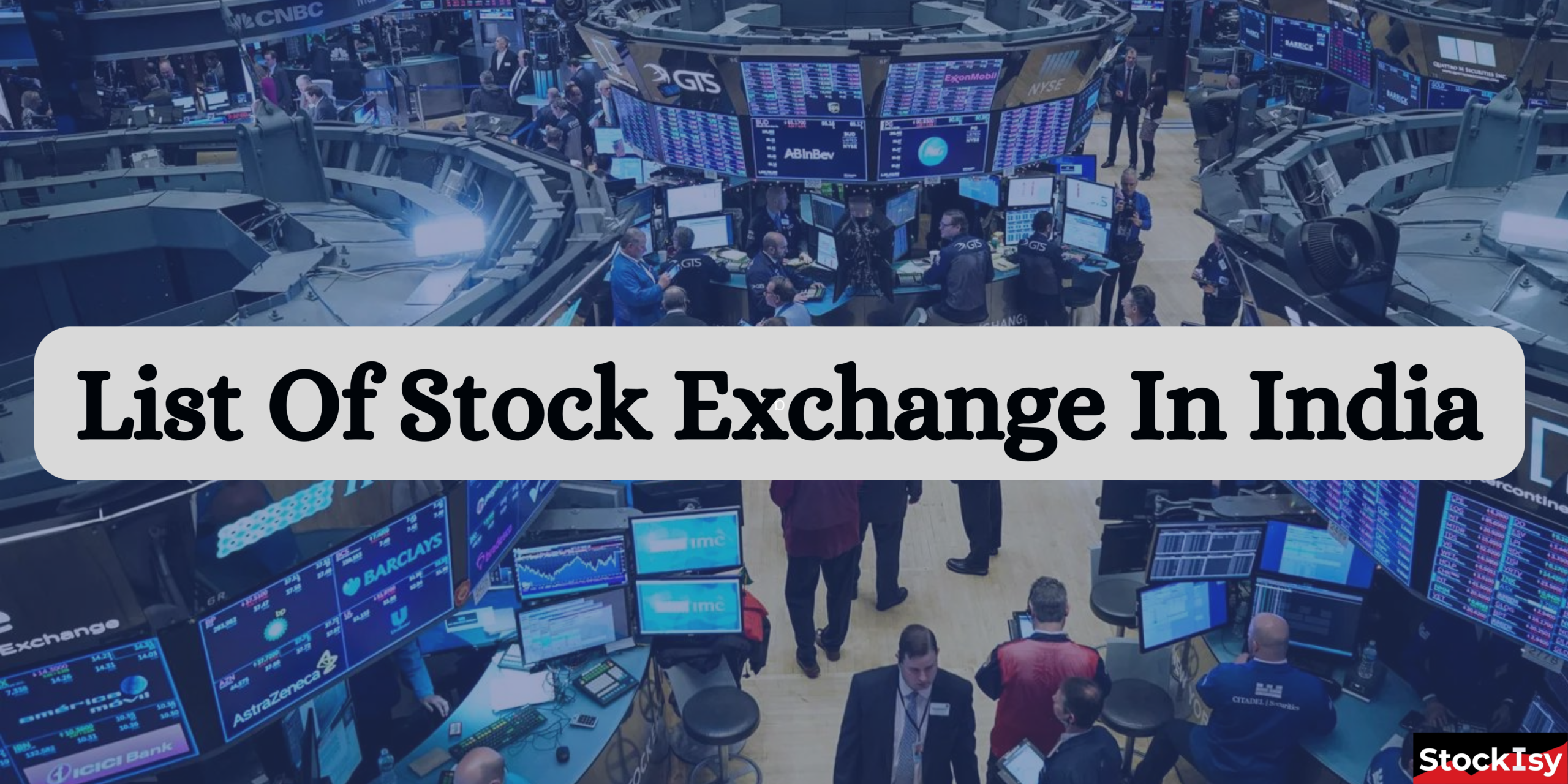In India, there are two primary stock exchanges: The Bombay Stock Exchange (BSE) and The National Stock Exchange (NSE). Both exchanges play a critical role in the country’s securities market and offer investors the opportunity to trade a wide range of securities, including stocks, bonds, and derivatives. However, there are also a number of other smaller exchanges operating in India, which cater to specific segments of the market. In this article, we will discuss the different types of stock exchanges in India.
1. Bombay Stock Exchange (BSE)
The Bombay Stock Exchange (BSE) is the oldest stock exchange in Asia, established in 1875. It is also one of the largest exchanges in India, with over 5,000 listed companies. The BSE is based in Mumbai and operates under the Securities and Exchange Board of India (SEBI) regulations. It offers a wide range of securities, including stocks, bonds, and derivatives.
2. National Stock Exchange (NSE)
The National Stock Exchange (NSE) is the largest stock exchange in India, established in 1992. It is based in Mumbai and operates under SEBI regulations. The NSE offers a range of securities, including stocks, bonds, derivatives, and exchange-traded funds (ETFs). The exchange has a market capitalization of over $2 trillion and is home to some of the biggest companies in India. Companies listed in NSE.
3. Regional Stock Exchanges
In addition to the BSE and NSE, there are a number of smaller regional stock exchanges operating in India. These exchanges cater to specific regions or industries, and generally offer a narrower range of securities than the larger exchanges. Some of the regional exchanges in India includes the list below:
- The Calcutta Stock Exchange (CSE): CSE was established in 1908 and is located in Kolkata. It was the first stock exchange in India to be recognized by the Indian Government under the Securities Contracts (Regulation) Act, 1956. The CSE has over 400 listed companies, including some of the oldest and most reputed companies in India.
- The Madras Stock Exchange (MSE): MSE was established in 1937 and is located in Chennai. It was the first stock exchange in India to introduce an electronic trading system in 1997. The MSE has over 1,000 listed companies, primarily from the southern states of India.
- The Hyderabad Stock Exchange (HSE): HSE was established in 1940 and is located in Hyderabad. It was the first stock exchange in India to introduce an online trading system in 1997. The HSE has over 600 listed companies, primarily from the state of Telangana.
- The Ahmedabad Stock Exchange (ASE): ASE was established in 1894 and is located in Ahmedabad. It was the first stock exchange in India to introduce a screen-based trading system in 1997. The ASE has over 350 listed companies, primarily from the state of Gujarat.
4. Commodity Exchanges
Commodity exchanges are specialized exchanges that allow investors to trade in commodities such as gold, silver, crude oil, and agricultural products. In India, there are three major commodity exchanges: the Multi Commodity Exchange (MCX), the National Commodity and Derivatives Exchange (NCDEX), and the Indian Commodity Exchange (ICEX). These exchanges are regulated by the Forward Markets Commission, which is responsible for overseeing commodity trading in India.
5. Currency Derivatives Exchanges
Currency derivatives exchanges are specialized exchanges that allow investors to trade in currency, futures and options. In India, there are two currency derivatives exchanges: the NSE Currency Futures and Options Exchange and the United Stock Exchange of India. These exchanges offer investors the opportunity to hedge against currency risk and speculate on the movement of currency prices.
6. SME Exchanges
Small and medium enterprises (SMEs) are an important part of India’s economy, and there are a number of specialized exchanges that cater specifically to these companies. SME exchanges offer SMEs the opportunity to raise capital by listing on the exchange and issuing shares to investors. Some of the SME exchanges in India include the BSE SME Exchange and the NSE Emerge Exchange.
In conclusion, India’s securities market is home to a range of different stock exchanges, each catering to different segments of the market. The BSE and NSE are the largest exchanges, offering a wide range of securities to investors. In addition, there are a number of smaller regional exchanges, as well as specialized exchanges for commodities, currency derivatives, and SMEs. Together, these exchanges play a critical role in promoting the development of India’s securities market and providing investors with a range of investment opportunities.

